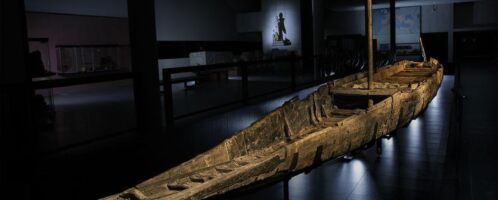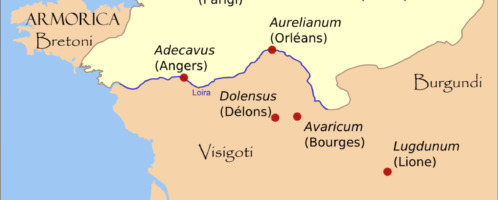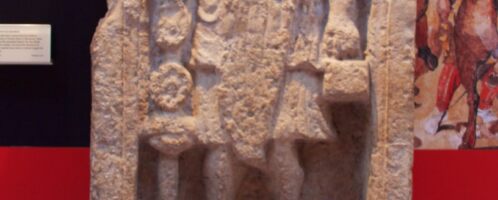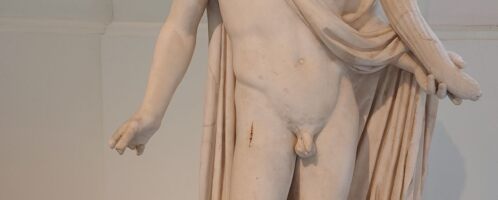Atia the Elder manipulator?
Atia the Elder, niece of Julius Caesar and mother of Gaius Octavian and Octavia was one of the most expressive female characters in the television series “Rome”. In the series, she was shown as an amoral manipulator who allows herself to play with the feelings and matchmaker of her family members to achieve political goals. Do historical sources confirm this?









